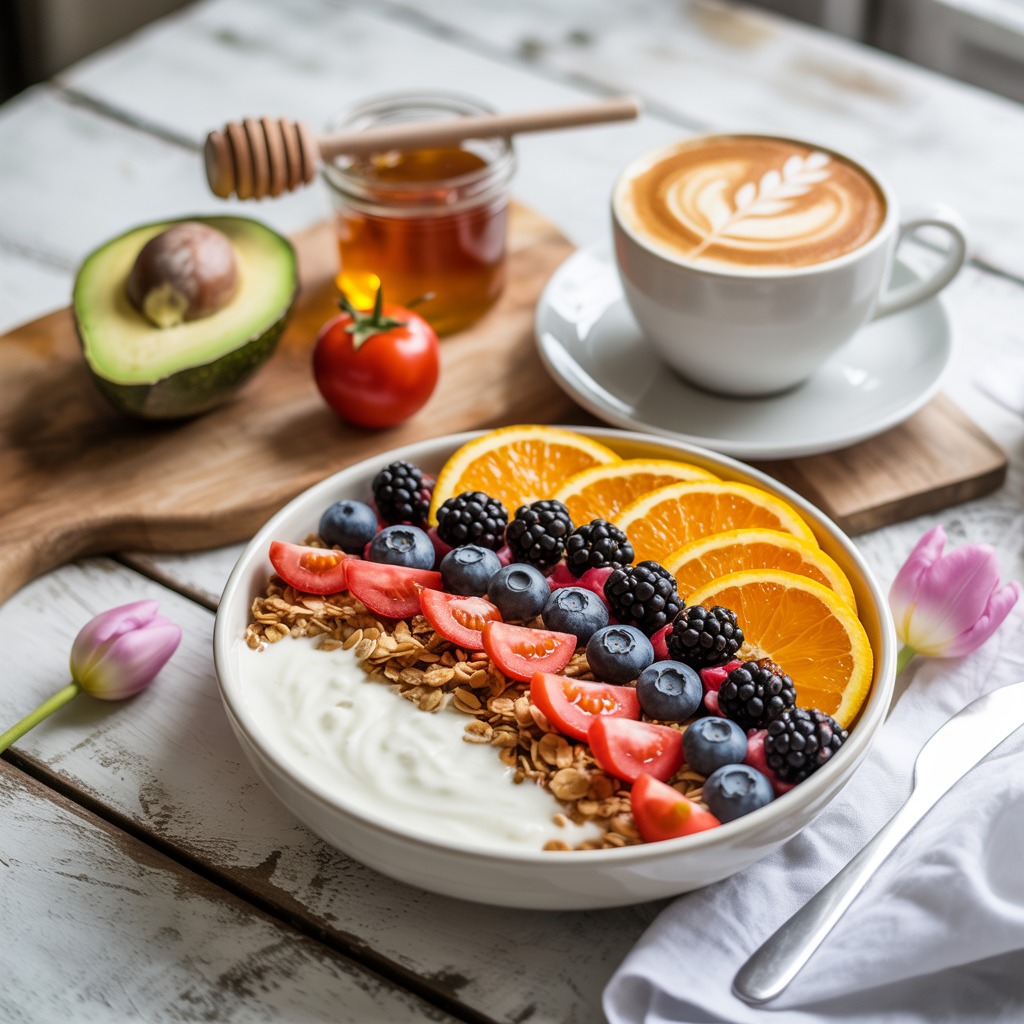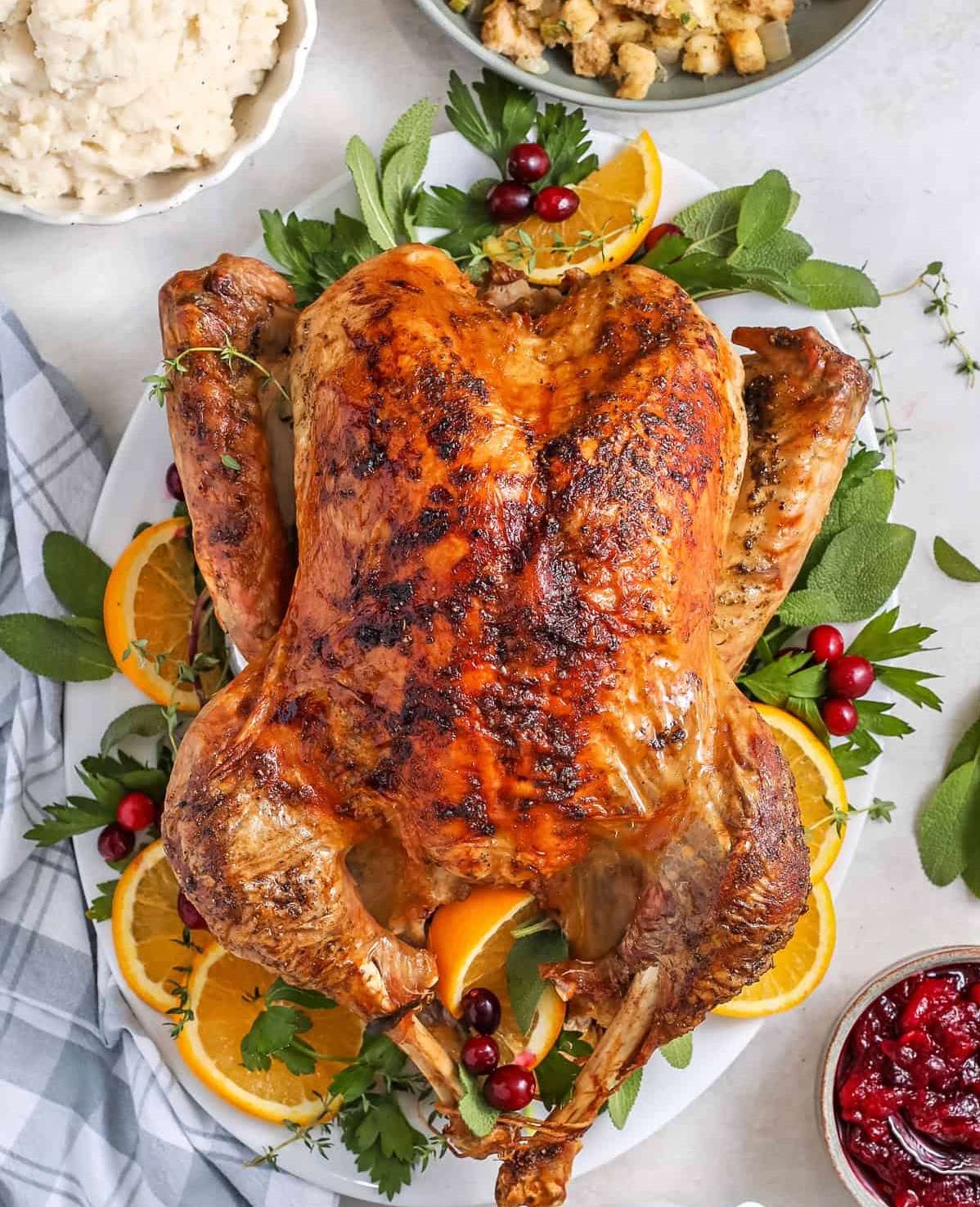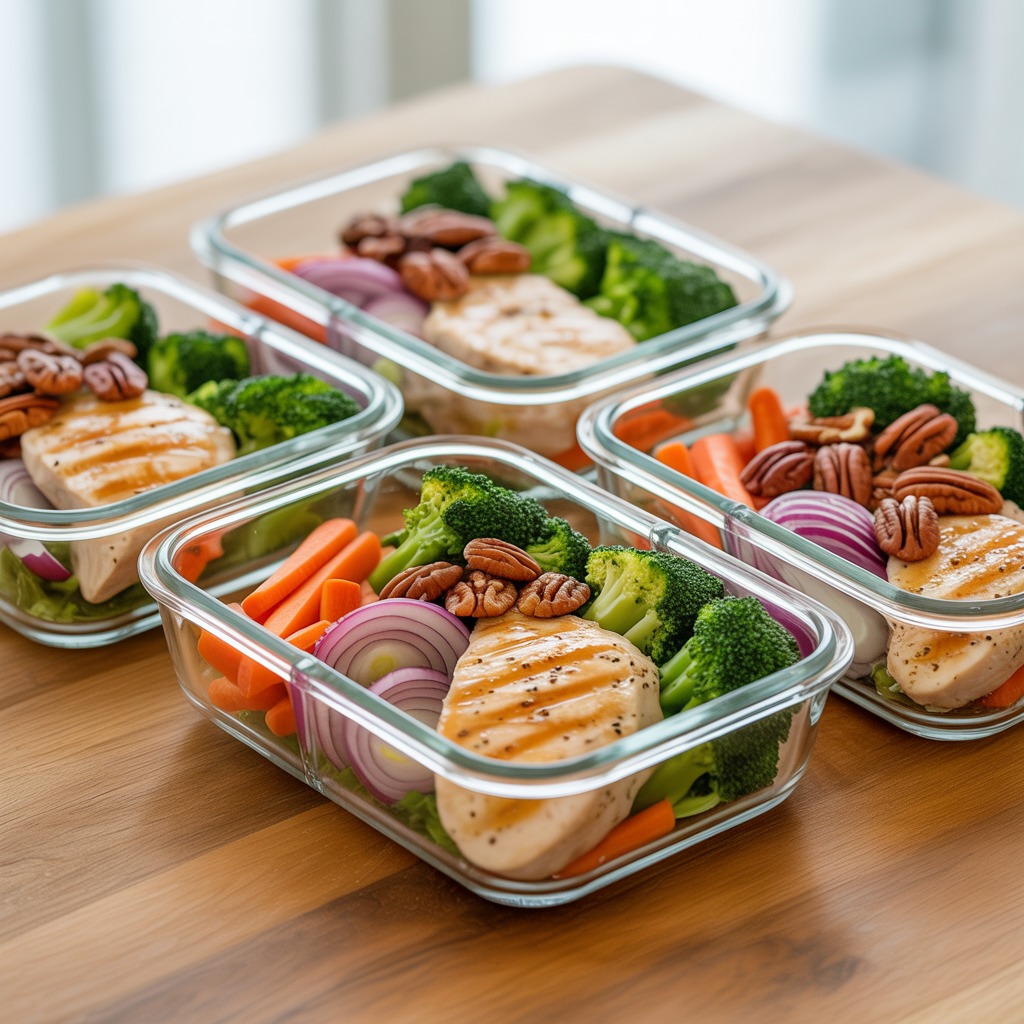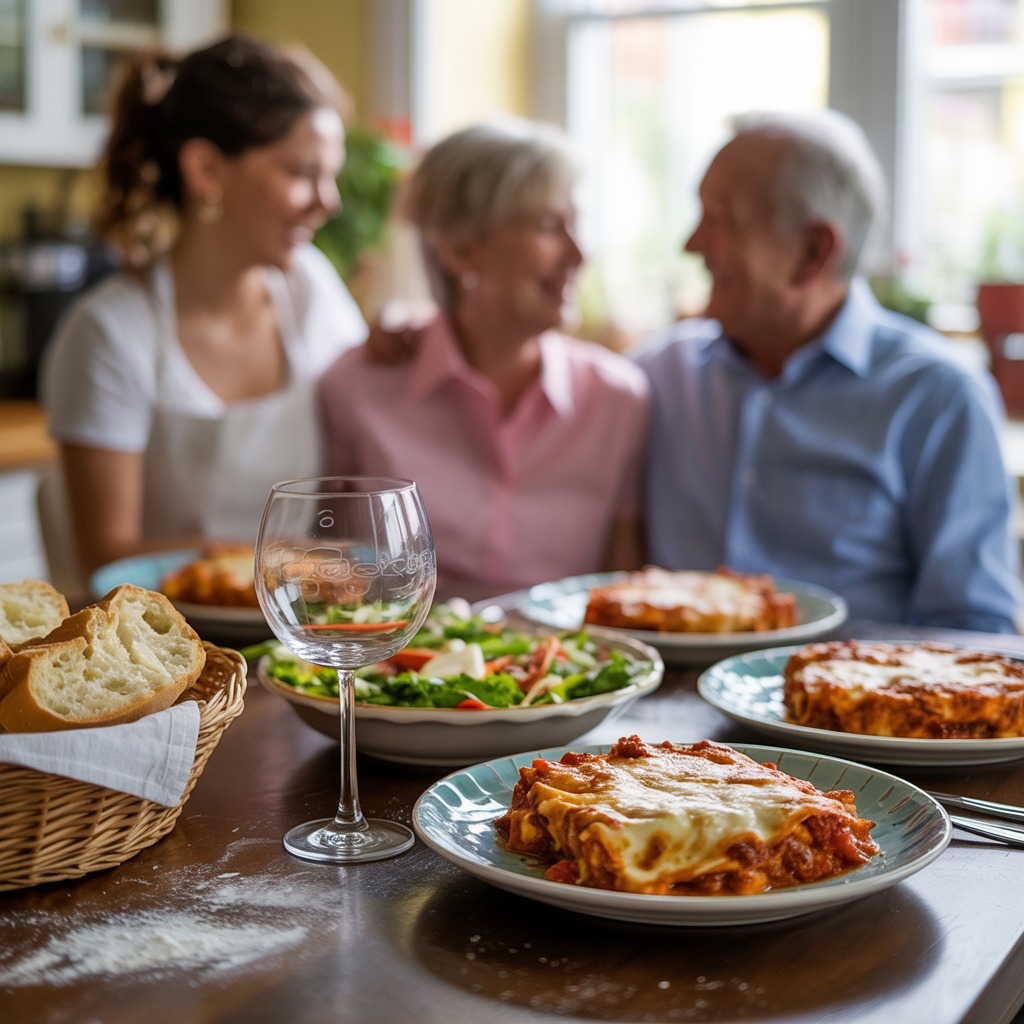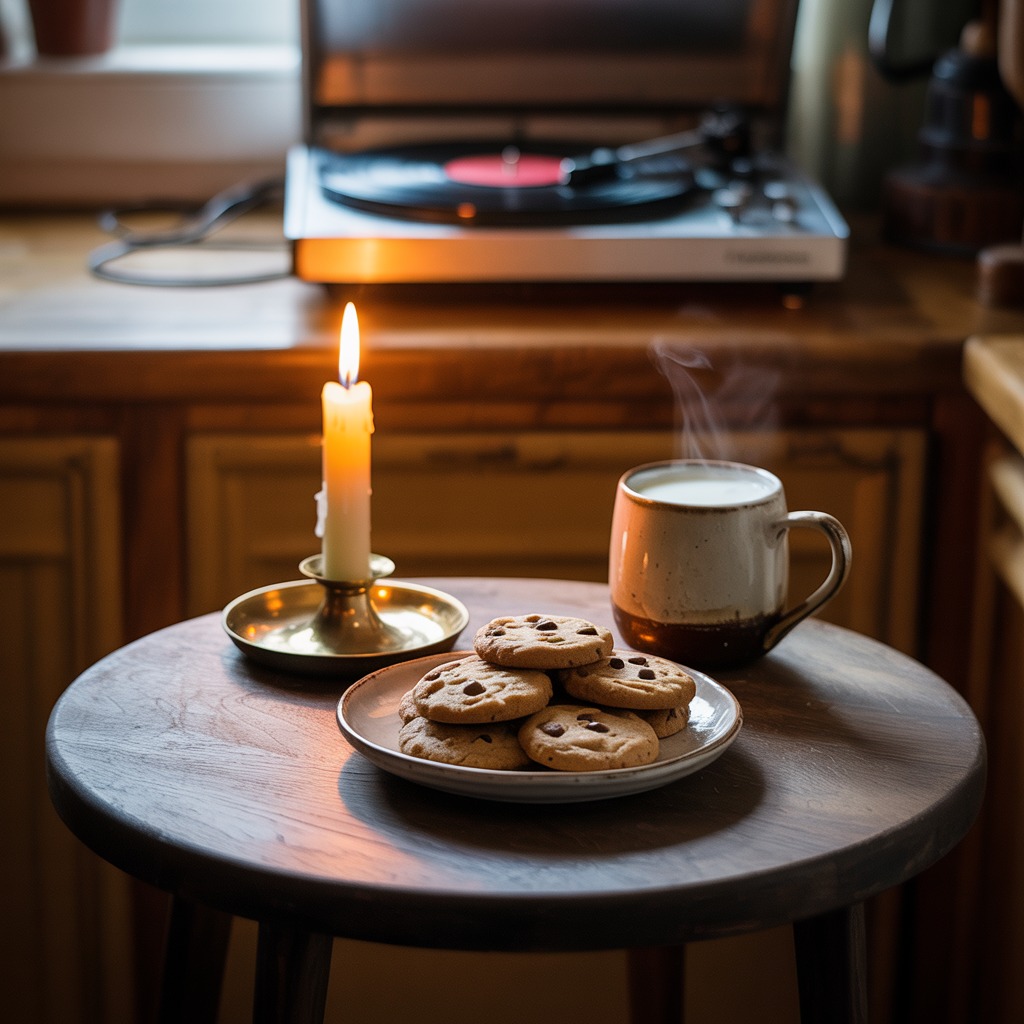Cooking for My Husband on Our Worst Day
The Day No One Was Talking
We weren’t speaking much that day. Not because of anything dramatic—no slammed doors or shouting matches. Just that heavy kind of silence that falls between two people when things have built up quietly over time.
Too many long days, too many missed signals, too many small disappointments layered like dust in the corners of our house. We were tired. Disconnected. Two people in the same room, but miles apart.
I remember standing in the kitchen that evening, hands resting on the counter, unsure whether to even start cooking. We had nothing planned. Nothing thawed. And frankly, neither of us seemed all that hungry. But there was something about the ritual of it—chopping, stirring, feeding—that felt like the only thing I still knew how to do.
So I did it anyway.
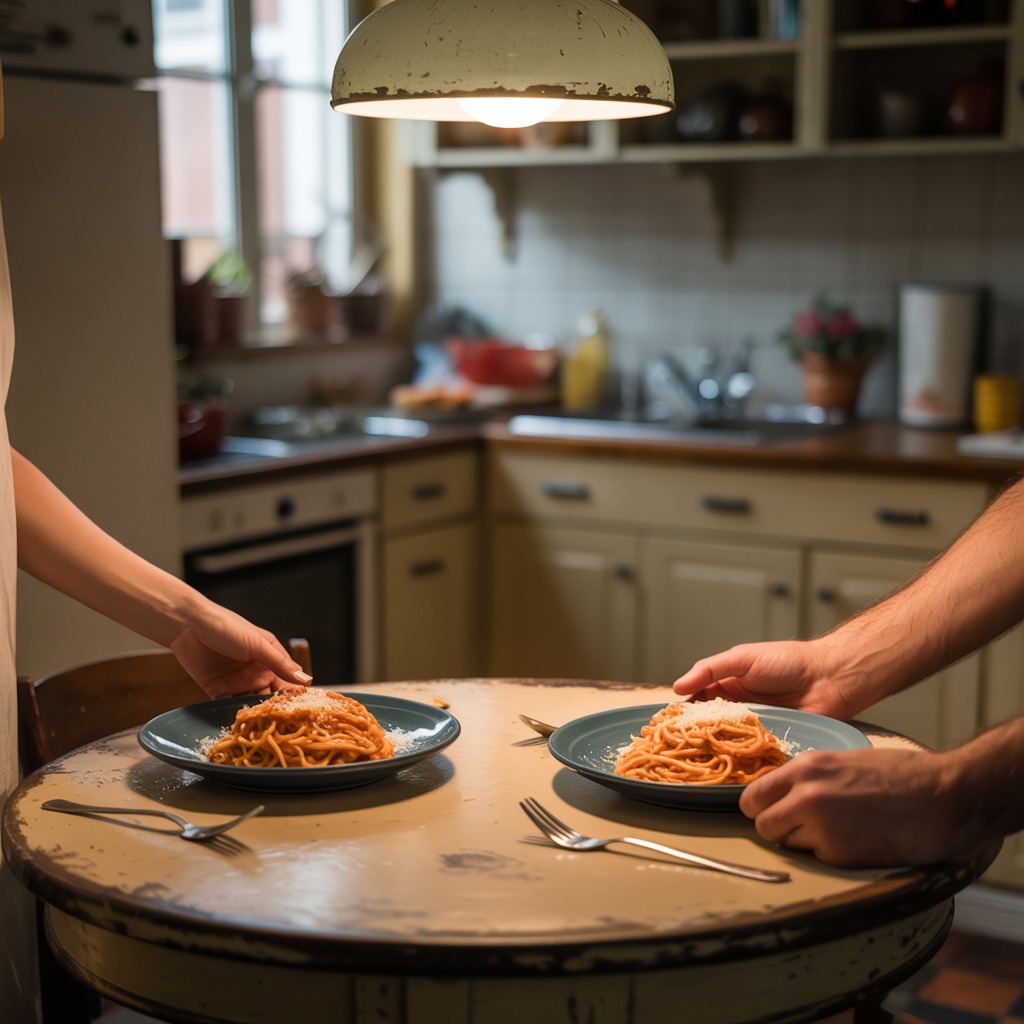
I Didn’t Want to Cook, But I Did
I started slow. Pulled out a few vegetables. Boiled water. Grabbed the box of pasta that was tucked behind the rice. My hands moved on autopilot, not out of inspiration but because moving felt better than standing still.
I didn’t say anything when he passed by behind me. He didn’t say anything either. But he stayed in the room. Sat at the table. Scrolled on his phone. Looked out the window. And I cooked, quietly. Garlic in olive oil, a splash of tomato paste, the kind of simple sauce that doesn’t require a recipe, just instinct and attention.
And then something happened I wasn’t expecting: I started to care.
I added a little chili flake. Grated the cheese extra fine. Stirred slower. Tasted and adjusted. Not for a blog post, not for a shoot, not even for myself—but for him. For us. Because the food wasn’t going to fix anything, but maybe it could say what we couldn’t.
When the Plate Spoke First
I didn’t announce dinner. Just set the bowl down in front of him and went back to the stove to serve mine. Still no words. But when I sat down, he looked at the plate, then at me, and softly said, “This smells really good.”
That was it. The first sentence we’d exchanged all day.
And in that moment, it felt like a lifeline.
We didn’t get into what was wrong. We didn’t talk through every feeling. But we ate. Slowly. Together. I watched his shoulders drop a little, his eyes soften. He asked if I’d added something different to the sauce. I told him I used the good Parmesan. We laughed—barely—but it was something.
And after dinner, we did the dishes together without arguing over who would scrub the pan. That night, we went to bed still carrying the weight of the day, but a little closer than we were that morning. And that closeness started with a bowl of pasta.
Cooking as a Bridge
I used to think cooking was about creativity. Or generosity. Or nourishment. And it is, on good days. But on the hard days? The messy days, the disconnected days, the days when neither of us has the energy to “talk it out”? Cooking becomes something else entirely. It becomes a bridge.
It’s not grand. It’s not dramatic. It’s not some movie moment where the scent of rosemary heals all wounds. It’s just presence. A quiet act of choosing the relationship, even when the words are stuck. A reminder that even when we’re not our best selves, we’re still worth feeding.
Cooking that meal didn’t solve everything. But it kept the thread between us from snapping.
What I’ve Carried Since That Night
Since then, I’ve stopped underestimating the quiet power of a home-cooked meal—especially on the worst days. I’ve learned that food doesn’t always need to be a celebration. Sometimes, it’s a peace offering. A soft place to land. A way to say “I’m still here” without needing to explain why things feel heavy.
Some people write letters. Some people clean the house. I cook. Not as a way to distract myself from the tension, but as a way to lean into care even when connection feels hard. It’s not about fixing the mood. It’s about showing up in the middle of it.
That bowl of pasta didn’t change our relationship. But it softened the edges of a hard day. It kept the door open. And sometimes, that’s all you need.
Final Thoughts
Cooking for someone you love on a good day is easy. But cooking on a bad day—when you’re distant, raw, or tired—that’s something different. That’s love without the pretty wrapping. That’s love in motion, even when the words aren’t there yet.
We all have those days where closeness feels just out of reach. And maybe the first step back isn’t a deep conversation or a grand gesture. Maybe it’s a warm bowl of something simple. Something honest. Something made with your hands when your heart is still figuring things out.
That night, I didn’t fix anything with food. But I showed up. And that mattered more than I knew.
